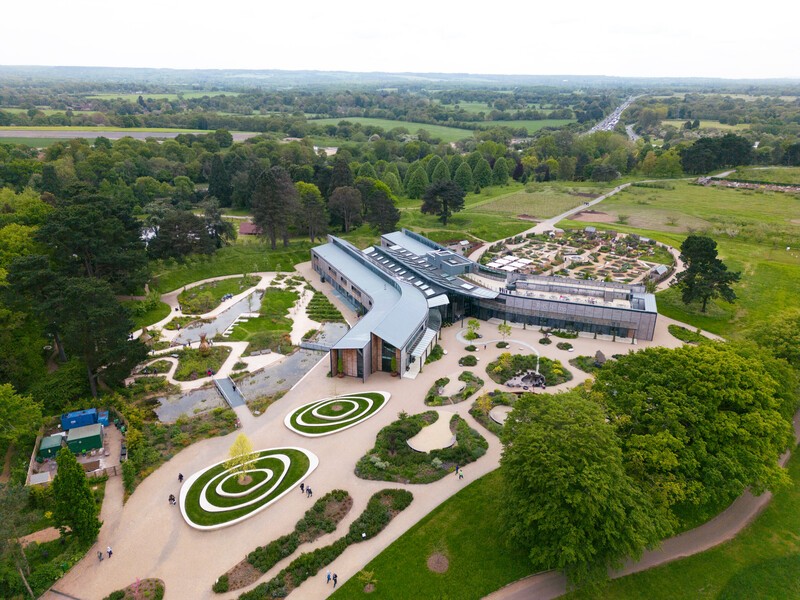New study reveals simple nature-based technique to boost wellbeing
A new study conducted at the Royal Horticultural Society (RHS) Wisley’s Wellbeing Garden has found that simply prompting people to actively notice natural features, such as birdsong, plant textures, and scents, can significantly improve their wellbeing.

Published in People and Nature, the research led by the University of Surrey in collaboration with the University of Sheffield and the RHS science team, explored how different types of environmental awareness affect emotional and psychological restoration. 79 participants were randomly assigned to one of three groups: those prompted to notice natural features, those prompted to notice human-made features, and a control group with no prompts.
Participants who were prompted to focus on nature reported significantly higher levels of wellbeing, positive emotions, and psychological restoration compared to the other groups. These individuals described feeling calmer, more relaxed, and more connected to their surroundings, experiencing slowed breathing and reduced stress.
This study shows that what we pay attention to in nature matters. By actively engaging with natural elements, people can unlock deeper restorative benefits, which has powerful implications for how we design and manage public green spaces.”Professor Alistair Griffiths, RHS Director of Science
The research highlights the potential of simple interventions - such as interpretive signage, guided walks, or digital trails - to encourage meaningful engagement with nature. These tools could be used in parks, gardens, and urban green spaces to help visitors gain the most from their time outdoors.
Importantly, the study also found that focusing on human-made features, such as buildings or traffic noise, may reduce the restorative benefits of nature. This suggests that thoughtful design and management of natural environments should aim to minimise human-made distractions and enhance sensory experiences of nature.
With growing awareness of the health and wellbeing benefits of nature, this research provides timely evidence for policymakers, landscape designers, and health professionals seeking to promote wellbeing through nature-based solutions.
In spring 2026, the RHS will launch a blueprint for wellbeing gardens. Based on scientific research and real-life examples, it is designed to help people create gardens that support wellbeing – whether at home, in the community or for organisations.
Related sustainable development goals

Media Contacts
External Communications and PR team
Phone: +44 (0)1483 684380 / 688914 / 684378
Email: mediarelations@surrey.ac.uk
Out of hours: +44 (0)7773 479911
